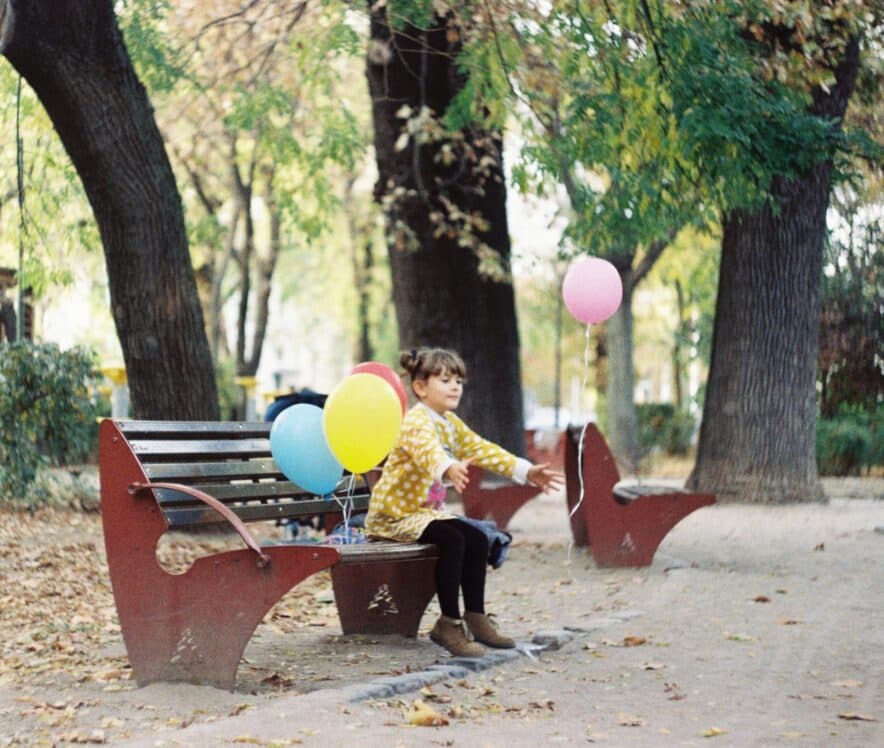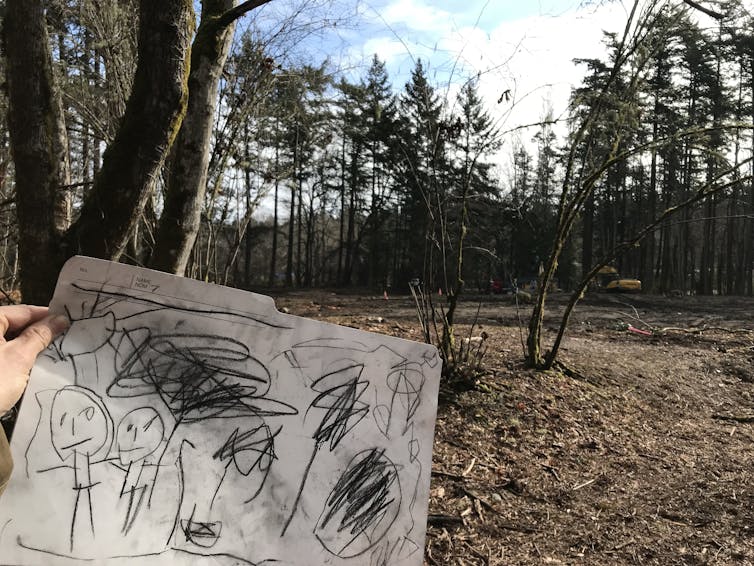Advocacy
‘Child care’ or education? Words matter in how we envision living well with children

Freya Lucas
Aug 31, 2023
Save
As people across Canada begin to understand the implications of the Canada-Wide Early Learning and Child Care program,public conversations often centre on the economic benefits of getting children back into quality child care, and their parents or guardians back into a robust Canadian economy.
In this narrative, early childhood education matters primarily as a driver of economic growth.This nurtures a belief that children and their learning should be conceptualized as a primarily economic issue: We need child care, the logic goes, so that women can work or children can learn the skills they need to contribute to the future market economy.
We are part of a collective of educators and scholars, the Early Childhood Pedagogies Collaboratory, invested in thinking about early childhood education otherwise. We ask: What narratives or stories are going unnoticed in the face of the universal child care plan in Canada?
Our proposal: Canada creates an education system that focuses on the work of living well with children.

Operating like a business?
We are concerned with the current marketization of the early childhood education profession — how childhood education is increasingly forced to adapt itself to the needs of the market economy, where what becomes important is how well the field operates like a business.For us, education is not about market-based economics. The buying and selling of children’s education and the labour of educators concerns us. What is urgently needed is to pay more attention to the education of young children — their relations to learning, which we call “pedagogy.” We define this pedagogy as the work of living well with children.
By focusing on living well with children, we are able to ask different questions that relate to early childhood education. This means asking how we can foster ethical spaces with children and families.
Education as an event, experience
Pedagogy takes education as an event and an experience. It is more than simply caring for children’s basic needs. Instead, it’s about collaborating with children and families to craft curriculum that truly matters to the messy worlds that children inhabit and inherit.Amid the new federal funding, there is the creation of a market economy around childhood.
For example, as Ontario grapples with a shortage of early childhood educators, some advocates are concerned the province will focus mostly or exclusively on recruiting more early childhood educators, increasing admissions to programs or offering low-cost tuition.
Such initiatives would see early childhood education as a numbers game, easily and inexpensively creating educators who can quickly fill positions. This would be at the detriment of longer, slower education required to think carefully about how to live well with children.
The risks to children, families and educators of rapidly expanding “spaces” under corporate business models are also apparent: The Globe and Mail reports that after the North Toronto Early Years Centre was acquired by a “rapidly expanding daycare chain,” existing staff were presented with new contracts that paid less and said they could be moved to another location at any time.
Turn the narrative around
Our society needs to turn the narrative around: children are not in early childhood education to provide employment opportunities for educators and guardians.Instead, educators are involved in co-creating locally meaningful and responsive educational and social spaces. This means being co-investigators with children into the inquiries that arise out of their complex and diverse lives.
Together as a society, educators, community members, parents and caregivers need to ask what roles we all need to take on in order to build a truly universal system that can meet the unknowns of children’s lives now and into the future.
We want to share two actions the community and early childhood education field can act upon.
These follow the seven actions our collaboratory recommended in an earlier article.
We, as a Canadian society, need to recognize the complexity of early childhood educators creating spaces for young children instead of simply warehousing children to advance the economy.
Shifting our language means educational and training institutions, policymakers and society must change our expectations of early childhood education, as we ask it to become an educational undertaking, not just about “supervision.”
We have an ethical obligation to our youngest citizens to re-frame the educator and the early childhood education system as ethically responsible for meeting children and families in all the richness of their diverse life stories.
We invite everyone to intervene when hearing early childhood education referred to as only supervisory care.
We instead raise the possibility that early childhood education involves more than merely meeting children’s basic needs.
Changing the expectations, stories and knowledge our society brings to concepts about educators, children and families is a good first step to changing the narrative around early childhood education.
2. Invest in non-profit programs which provide education that centres living well with children.
We need opportunities to understand education as a learning space, not strictly one for supervision, so guardians can join the workforce.
This requires that we, as government, advocates, families and communities, understand educators as capable and competent professionals, and education as a vibrant space full of life.
Public investment needs to be tied to non-profit programs where the primary concern is the meaningful and culturally relevant education of young children.
Thinking beyond economics
The two actions we propose are not a recipe but an invitation to disrupt problematic narratives that position educators and children as resources toward a market economy.We are not proposing a “solution”; we propose we need an ongoing discussion about the purposes of early childhood education.
Shifting the narratives our society brings to understanding early childhood education in Canada matters to children’s and families’ lives. We can think beyond economics with children and families and educators.
Authored in conversation with Early Childhood Collaboratory members: Alexandra Berry (Capilano University); Alicja Frankowski, Courtney Amber, Cristina Delgado Vintimilla (York University); B. Denise Hodgins (British Columbia Early Childhood Pedagogy Network); Cory Jobb (Thompson Rivers University); Iris Berger (University of British Columbia); Kelly-Ann MacAlpine, Narda Nelson, Randa Khattar, Tatiana Zakharova-Goodman and Veronica Pacini-Ketchabaw (Western University); Sylvia Kind (Capilano University).
Nicole Land, Assistant Professor of Early Childhood Studies, Toronto Metropolitan University and Kathleen Kummen, Chair, Education and Childhood Studies, Capilano University
This article is republished from The Conversation under a Creative Commons license. Read the original article.
Don’t miss a thing
Related Articles



















